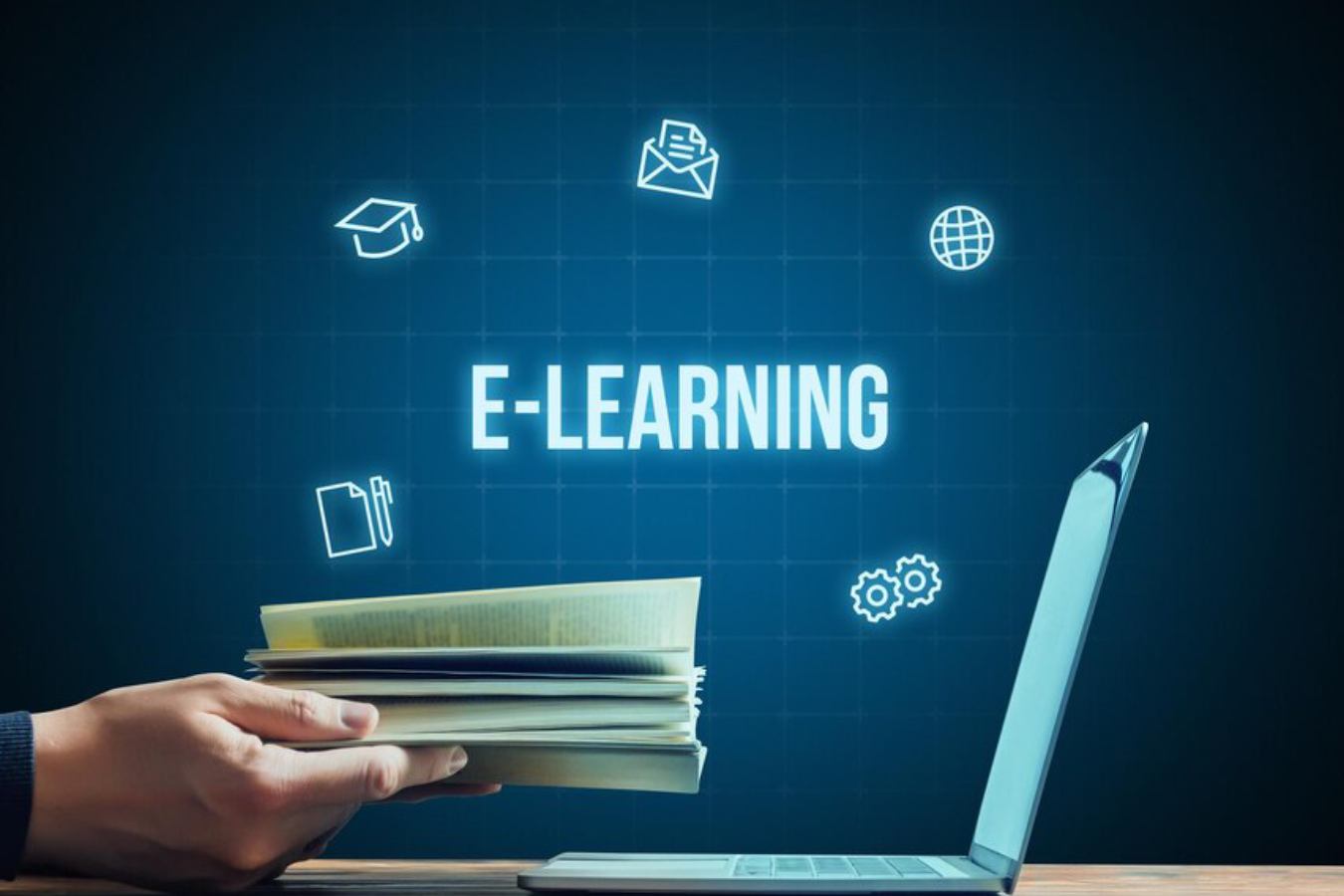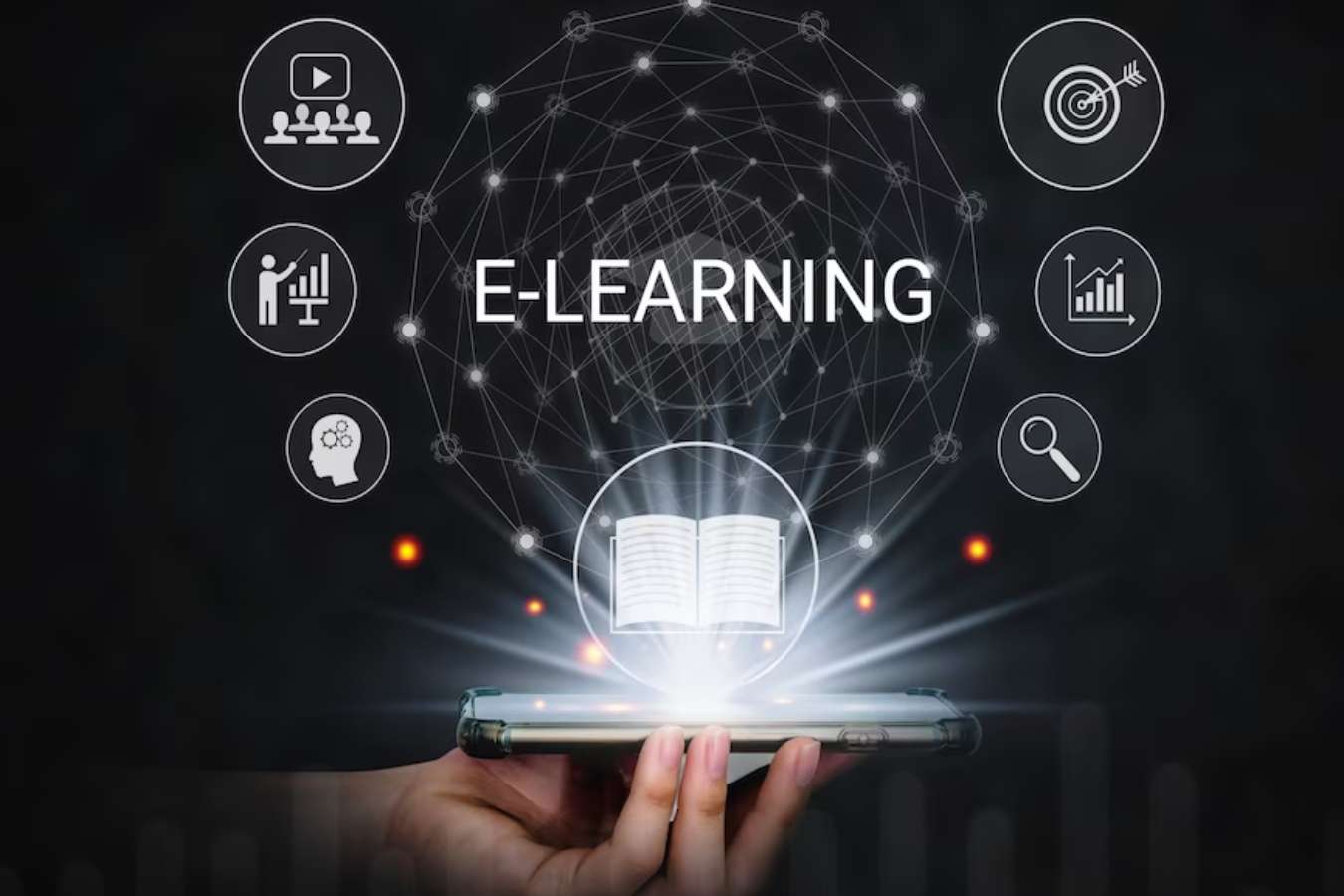Simplicity And Populism Do Not Fit Into A Complex World
If we look around the media, the simplifiers seem to be booming. They are valued by some because they create anti-establishment sentiment with simple slogans, reviled by others because they are exposed as populists and demagogues. Both bring them the attention they desire.
Simple Explanations Are Popular These Days
Why do the simplifiers have it so easy and enjoy such a high level of attention? Why does belief stand above facts, propaganda above experience and opinion above knowledge? We often make it too easy for ourselves, break down our complex world into individual parts, then evaluate them in isolation from one another and then form our opinion. Everything that happens always has a cause and an effect on other developments.
Complexity arises when the cause and effect of different developments influence each other, creating a momentum of its own that leads to events that can no longer be foreseen. who would have e.g. B. thought that the election of the new US president would cause such waves? Who still has an overview of the consequences of the diesel scandal? Who knows the effects of Brexit? financial crisis, the elections in France, Wave of refugees – this list of events obviously getting out of control could be continued indefinitely. No wonder that hardly anyone understands this and those who now come up with simple explanations are happy about a growing following.
Education Is The Most Effective Antidote To Populism
But what can we do to stop the populists? In my opinion, there is only one effective antidote: education. However, the increasing economization of all areas of life leaves us less and less time for education. It is up to us as consumers, workers and taxpayers to keep our economic system running. Educated, critical citizens who ask questions and break out of conformity are more of a hindrance.
It is therefore a question of asking yourself how personal opinions are formed. Are we based on facts? Are we willing to invest time in expanding our knowledge? Are we interested in the experiences of others? We cannot afford to disseminate popular, simple explanations of complex issues without reflection. We are asked to get to the bottom of things, to understand complexity, to recognize connections and to assess the consequences of decisions and actions. In this way we develop an attitude, a point of view, ultimately a framework of values that gives us orientation in the complex world.





